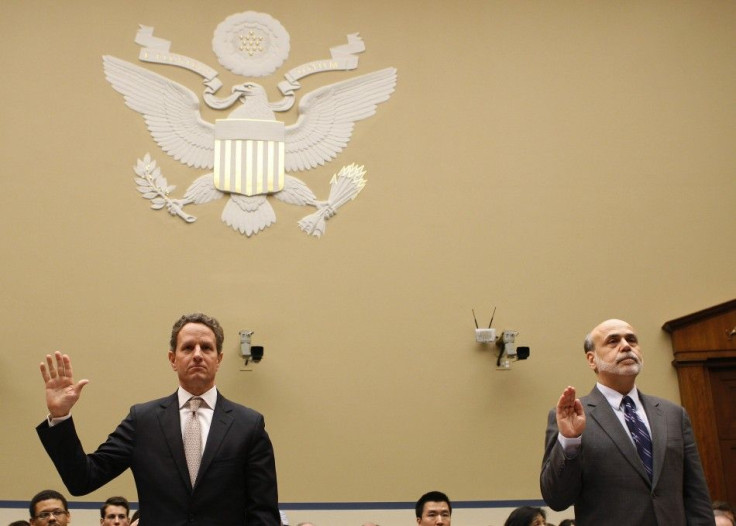Loose US Monetary Policy Scares FPA’s Bob Rodriguez

Bob Rodriguez, CEO of Los Angeles investment firm First Pacific Advisors, fears that loose U.S. money policy could lead to fiscal catastrophes in coming years.
Since the financial crisis of 2008, the Federal Reserve has done two things: keep interest rates at historic lows and conduct massive financial-asset purchases.
Low rates have amounted to a pernicious attack on responsible financial behavior and savers because they diminish the return of fixed-income instruments, Rodriguez wrote in a commentary last September.
Currently, savers such as retirees get paid only about 0.20 percent for holding a one-year U.S. Treasury bill.
Fund managers, too, are challenged by the depressed yields and many have responded by chasing after higher-yielding but riskier assets. The problem is they aren't compensated enough for the risk, according to Rodriguez.
The FPA chief recounted his incredulity when a research adviser advocated buying utility stocks with 4 percent yields.
You would put your capital at risk in this kind of [uncertain] environment for a 4% dividend yield? Rodriguez, in an interview last week, recalled saying.
Investors are ... loading up on risky investments. The search for safety in the wake of the financial crisis lasted maybe two years. Very little has been learned, he told CNN Money last May.
And should these risky assets implode, like subprime mortgages did in 2008, financial institutions that hold them could suffer disastrous consequences.
Rodriguez, whose firm manages over $19 billion in assets, is equally concerned about the Federal Reserve's massive purchases of U.S. Treasurys, which now total $1.6 trillion. The Fed's balance sheet is nearly $3 trillion.
I don't know how we will get off of all of these large asset purchases, he said, as it may be difficult for the Fed to unload its gigantic holdings without causing market disruptions.
Rodriguez also characterized the Fed's Treasury purchases as price-fixing because they influence yields on longer-dated Treasurys. This, in turn, drives up the long-term cost of capital across the U.S. financial system.
He noted that once price ceilings are lifted, inflation and other unintended consequences may appear.
The U.S. government may also not be able to get off the Fed's large asset purchases in the sense that it is addicted to the low-cost borrowing environment they provide.
They are a narcotic ... [that] allows bad behavior to continue, Rodriguez said.
In media appearances since mid-2011, the executive has repeatedly warned about the ballooning U.S. debt, which currently exceeds 100 percent of gross domestic product.
If Washington, aided and abetted by the Fed, fails to address this problem, the United States faces a crisis of equal or greater magnitude to the global meltdown nearly four years ago, he said in a Fortune interview.
© Copyright IBTimes 2024. All rights reserved.




















